Join Berkeley Public Library and Eastwind Books for an afternoon with author Fae Myenne Ng in conversation with Dr. Harvey Dong about her new memoir, Orphan Bachelors.
This program will be held on Saturday, May 13, from 2 PM to 3 PM at the Art & Music floor (5th floor) of the Central Library. This event will be conducted in English.
Register for this free event on Eventbrite. For help with registration, please call the Berkeley Public Library Reference Desk at (510) 981-6100, Option 4.
Borrow Orphan Bachelors with your Berkeley Public Library card, or pre-order a copy through Eastwind Books’ online shop. Eastwind Books will also be onsite on the day of the event with copies available for purchase.
About Fae Myenne Ng and Dr. Harvey Dong

Fae Myenne Ng is the author of bestseller and PEN/Faulkner Fiction finalist Bone and American Book Award winner Steer Toward Rock. She has been the recipient of fellowships from the Rome Prize, American Academy of Arts and Letters, Guggenheim Foundation, Lannan Foundation, NEA, Radcliffe Institute, Bellagio Center, and Rockefeller Foundation.
 Harvey Dong (PhD, UC Berkeley Ethnic Studies) teaches Contemporary Asian American Community Issues and Chinese American History. A veteran of the student strike that catalyzed the development of the Ethnic Studies Department and the Asian American Studies program at Berkeley, Dr. Dong studies the history of social movements and activism in Asian American communities and grassroots movements for social change. He is interested in the pioneers of early Asian American history. He is the co-founder of Eastwind Books of Berkeley and editor of Eastwind Books' publications.
Harvey Dong (PhD, UC Berkeley Ethnic Studies) teaches Contemporary Asian American Community Issues and Chinese American History. A veteran of the student strike that catalyzed the development of the Ethnic Studies Department and the Asian American Studies program at Berkeley, Dr. Dong studies the history of social movements and activism in Asian American communities and grassroots movements for social change. He is interested in the pioneers of early Asian American history. He is the co-founder of Eastwind Books of Berkeley and editor of Eastwind Books' publications.
About Orphan Bachelors
Fae Myenne Ng, the bestselling and award-winning author of Bone and Steer Toward Rock, is beloved by readers for her “incantatory” (New York Times) novels and their luminous depictions of Chinatown. Her new memoir, Orphan Bachelors, offers a personal, timely portrait of San Francisco’s Chinatown and of a family building a life in a country bent on their exclusion.
In pre-Communist China, Fae Myenne Ng’s father memorized a book of lies and gained entry to the United States as a stranger’s son, evading the Exclusion Act, an immigration law which he believed was meant to extinguish the Chinese American family. During the McCarthy era, he entered the Confession Program in a failed attempt to salvage his marriage only to have his citizenship revoked to resident alien. Exclusion and Confession, America’s two slamming doors. As Ng’s father said, “America didn’t have to kill any Chinese, the Exclusion Act ensured none would be born.”
Ng was her parents’ precocious first born, the translator, the bossy eldest sister. A child raised by a seafaring father and a seamstress mother, by San Francisco’s Chinatown and its legendary Orphan Bachelors — men without wives or children, Exclusion’s living legacy. She and her siblings were their stand-in descendants, Ng’s family grocery store their haven.
Each Orphan Bachelor bequeathed the children their true American inheritance. Ng absorbed their suspicious, lonely, barren nature; she found storytelling and chosen children in the form of her creative writing students. Exclusion’s shadow followed Ng from the back alleys of Chinatown in the sixties, to Manhattan in the eighties, to the high desert of California in the nineties, until her return home in the 2000s when the deaths of her youngest brother and her father devastated the family. As a child, Ng believed her father’s lies; as an adult, she returned to her childhood home to write his truth.
Orphan Bachelors weaves together the history of one doomed family; an elegy for brothers estranged and for elders lost; and insights into writing between languages and teaching between generations. It also features Cantonese profanity, snakes that cure fear and opium that conquers sorrow, and a seemingly immortal creep of tortoises. In this powerful remembrance, Ng gives voice to her ancestors, her bold and ruthless Orphan Bachelors, and her own inner self, howling in Cantonese, impossible to translate but determined to be heard.

